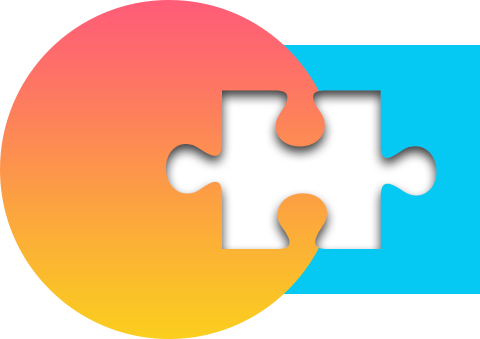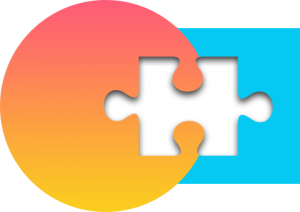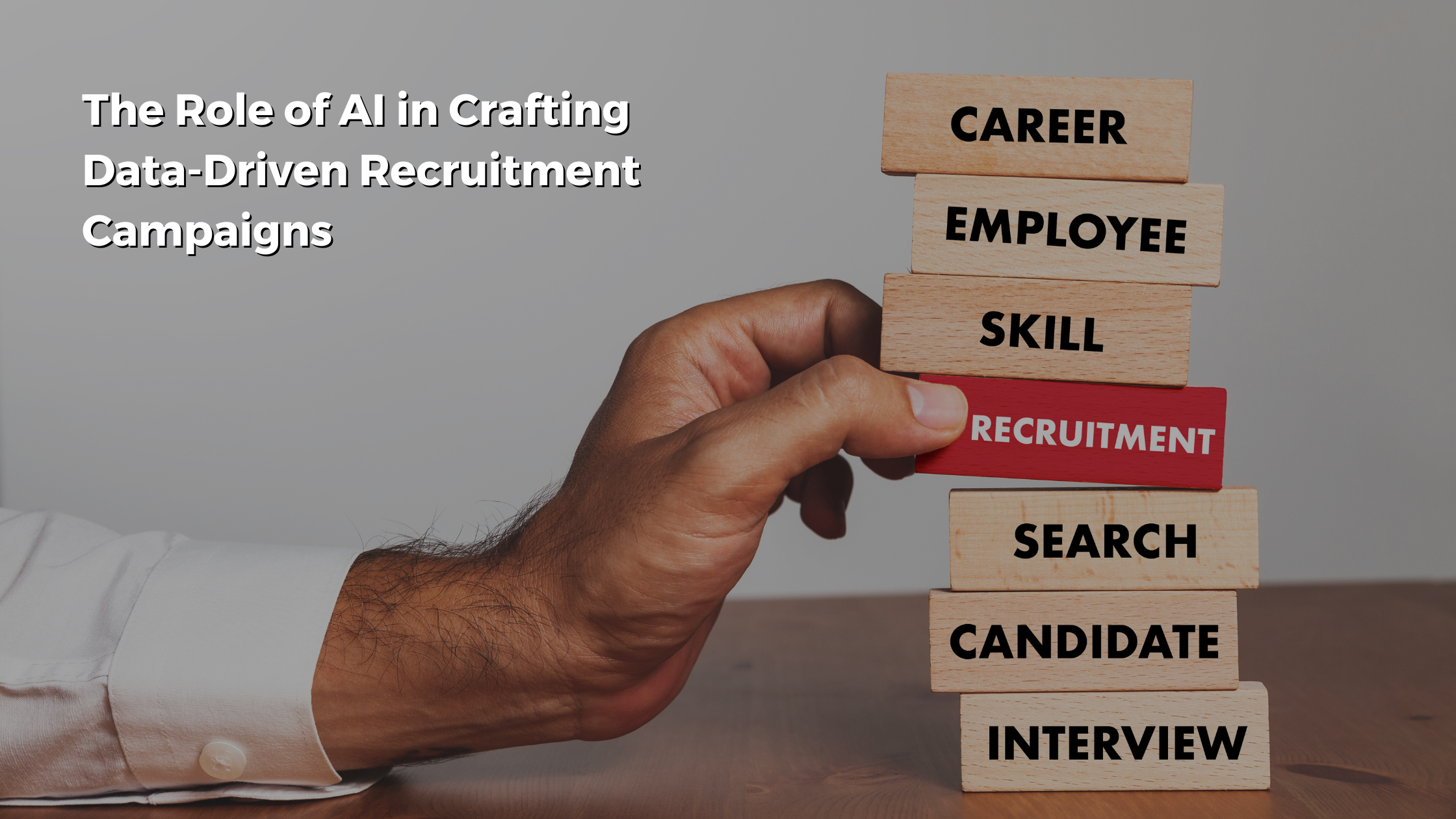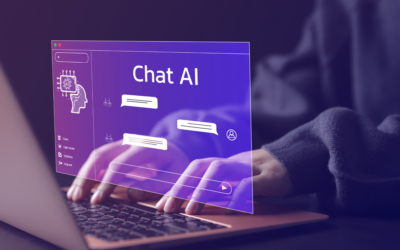The Role of AI in Crafting Data-Driven Recruitment Campaigns
The demand for precision, speed, and personalization has given rise to data-driven recruitment—a strategy fueled by advanced technology and actionable insights. At the heart of this transformation lies artificial intelligence (AI), a powerful ally reshaping how organizations design and execute recruitment campaigns.
From optimizing job postings to tracking candidate engagement, AI-integrated tools like applicant tracking systems (ATS) and HR systems are leading the charge in crafting campaigns that deliver measurable results. Let’s explore how AI is revolutionizing recruitment, making campaigns smarter, faster, and more impactful.
The rise of data-driven recruitment campaigns
Recruitment campaigns have evolved far beyond simply posting job ads and waiting for applications. Today, they’re meticulously designed journeys that attract, engage, and convert candidates with precision.
Data-driven recruitment relies on insights derived from various touchpoints, including job boards, social media, and career websites. By analyzing this data, organizations can:
- Identify trends in candidate behavior.
- Optimize the timing and content of job postings.
- Predict which channels will deliver the highest ROI.
AI takes this a step further by automating the analysis process, uncovering patterns and opportunities that might go unnoticed with manual effort. This results in campaigns that are not only effective but also adaptive to changing market dynamics.
How AI powers recruitment campaigns
AI isn’t just a tool; it’s a catalyst for innovation in recruitment. Here are some of the ways AI is driving data-driven recruitment campaigns:
1. Personalizing candidate engagement
AI-powered ATS and HR systems enable recruiters to deliver this personalization at scale.
For example, AI can analyze a candidate’s profile and recommend roles that align with their skills and career goals. Additionally, chatbots integrated with an ATS HR system can:
- Provide instant responses to candidate queries.
- Schedule interviews without back-and-forth emails.
- Share relevant content, such as company culture videos or employee testimonials.
By meeting candidates where they are and providing meaningful interactions, AI helps organizations stand out as employers of choice.
2. Optimizing job descriptions
Writing job descriptions that resonate with the right candidates is an art—and a science. AI tools can analyze existing job postings and suggest improvements to enhance clarity, inclusivity, and engagement.
For instance, AI can:
- Identify gender-biased language and recommend neutral alternatives.
- Predict how well a job posting will perform based on previous data.
- Optimize keywords to improve visibility on job boards and search engines.
These enhancements ensure that job descriptions attract a diverse pool of qualified candidates, setting the stage for a successful campaign.
3. Enhancing sourcing strategies
Finding the right candidates is often like searching for a needle in a haystack. AI simplifies this process by scanning vast databases and online platforms to identify top talent.
An AI-enabled ATS HR system can:
- Rank candidates based on how well they match a job’s requirements.
- Analyze historical hiring data to predict the success of certain candidates.
- Identify passive candidates who may not be actively seeking jobs but are open to new opportunities.
This targeted approach saves recruiters time and ensures that campaigns focus on high-potential candidates.
4. Streamlining campaign performance tracking
Data is only as valuable as the insights it provides. AI makes it easier to track and measure the performance of recruitment campaigns by consolidating data from multiple sources.
Recruiters can use AI tools to:
- Monitor click-through rates, application submissions, and other key metrics.
- Identify bottlenecks in the hiring process.
- Generate reports that highlight areas for improvement.
With this information, recruiters can fine-tune their strategies in real time, ensuring optimal results.
The role of ATS HR systems in AI-powered campaigns
An applicant tracking system (ATS) is no longer just a repository for resumes; it’s a central hub for managing and optimizing recruitment campaigns. When combined with AI, an ATS becomes a powerhouse for data-driven decision-making.
1. Centralizing data
An ATS collects data from various sources, including job boards, career websites, and social media platforms. AI processes this data to provide actionable insights, such as which channels are driving the most traffic or which job postings are underperforming.
2. Automating workflows
Manual tasks like screening resumes, sending follow-up emails, and scheduling interviews can slow down recruitment campaigns. AI-enabled ATS systems automate these tasks, freeing up recruiters to focus on strategic initiatives.
3. Enhancing candidate matching
Traditional ATS systems relied on keyword matching to shortlist candidates. Modern AI-driven systems go beyond this by analyzing context, experience, and cultural fit, ensuring that only the most relevant candidates are considered.
Overcoming challenges with AI in recruitment campaigns
While AI offers undeniable benefits, its implementation in recruitment isn’t without challenges. Here’s how organizations can address common concerns:
1. Data privacy and compliance
Recruiters handle sensitive candidate data, making it essential to comply with privacy regulations like GDPR. AI tools must be designed with robust security measures to protect this information and build candidate trust.
2. Avoiding algorithmic bias
AI systems are only as unbiased as the data they’re trained on. To ensure fairness, organizations should regularly audit their AI tools and incorporate diverse datasets during development.
3. Balancing technology and human touch
While AI enhances efficiency, it should never replace the empathy and intuition of human recruiters. A balanced approach ensures that technology supports, rather than overshadows, the human element of recruitment.
Data-driven recruitment campaigns
As AI continues to advance, its role in recruitment campaigns will only grow. Emerging trends include:
- Predictive hiring: Using AI to forecast candidate success and long-term retention.
- Dynamic talent pipelines: Automatically updating candidate databases with real-time insights.
- Voice and video analysis: Leveraging AI to assess soft skills during interviews.
These innovations promise to make recruitment campaigns even more effective, helping organizations secure top talent in a competitive market.
The integration of AI into recruitment campaigns is not just a trend—it’s a paradigm shift. By leveraging tools like applicant tracking systems and AI-driven HR platforms, recruiters can craft campaigns that are precise, personalized, and performance-driven.
Whether you’re optimizing job postings, engaging candidates, or analyzing campaign performance, AI can be the key to unlocking your recruitment potential.
Subscribe to the best recruitment newsletter and get the latest insights, trends, and tips to stay ahead in the industry. Become the smartest recruiter in the room today!



